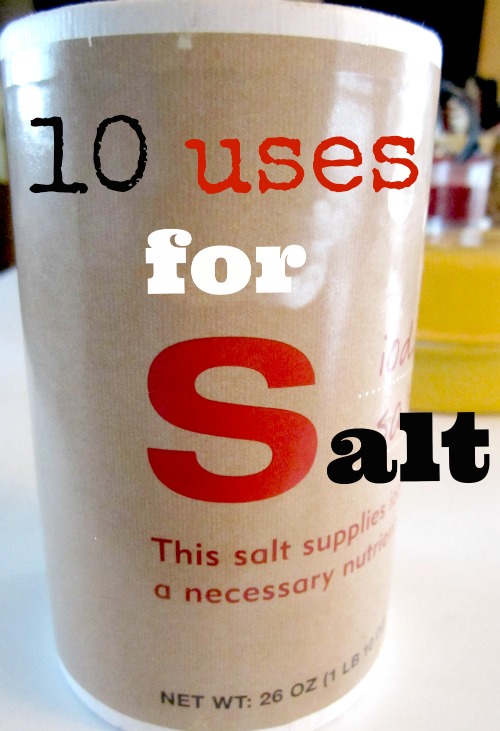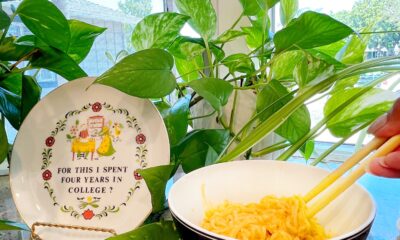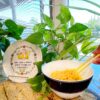Holidays
10 Terrific Uses for Salt
[disclaim]Contributing post by Justine Burgess[/disclaim]
Salt is one of the most necessary and least expensive parts of the human diet (don’t overdo the added salt, of course). Personally, I think salt is pretty amazing, and I use it around the house the help in a number of ways:
How to use Salt in the Kitchen
- Dropping fruits that tend to oxidize, such as apples or pears, into lightly salted water will help prevent them from browning. It also adds a burst of flavor. I don’t know about you, but I love to salt watermelon chunks and other fruits. Yum!
- Add a little pinch of salt to egg whites while beating in order to achieve higher peaks. I’m always fascinated to see just how high I can get them, although I try to stop before they look like the North Shore on Oahu.
- Use lightly salted water to poach eggs. It will help set the whites- and who likes runny egg whites? I use seasoning salt in my water, so the eggs come out with a bit of flavor as well as being quite pretty and round.
How to use Salt in the Bathroom
- If you have mouth sores or ulcers, use warm salt water to rinse your mouth several times a day. Salt water can soothe and hasten healing. My dentist and doctor have both recommended it to me in place of commercially-produced (and expensive) rinses, and it works fabulously for me.
- Make a natural salt scrub for your body (not your face) using one part olive oil and two parts salt. Gently massage onto your skin to help exfoliate. I prefer sea salt for this, although table salt or Epsom salt is fine. You can even add a few drops of essential oils for fragrance. Not for human consumption.
- Gargle with salt water to help relieve a sore throat. It really works! I’ve been doing it since I was a kid. I actually think the part that is the most fun is the gargling. My 5-year-old can’t get enough of doing it- he even wants to gargle when he’s feeling perfectly fine!
Household uses for Salt
- Clean coffee and tea stains out of cups. Mix salt with dish soap (or, lemon juice) to make a mild scrub that won’t be overly abrasive. You can also add baking soda (another household must) to this mixture for added cleaning power.
- Wine spills. I’ve had a lot of these. More than I care to admit. After cleaning up as much of the spill as possible, cover the area with salt to help absorb the remaining moisture. Clearly, you’ll need to soak and probably use stain remover as well prior to washing, but this helps to get as much liquid as possible out of the material. The stain may not always come out, but at least you gave it the old college try!
- Prevent bugs. Ok, everyone knows- or at least I think they do- that pouring salt on snails and slugs will kill them. But, did you know that you can sprinkle salt around doorways and windowsill to help keep ants from marching into your home?
- Weed killer. Just sprinkle salt on the plants you want to kill (not the ones you want to keep!) and then water. It’s probably best to limit that to pavement cracks with weeds poking through, though. A lot of salt in the garden can harm the plants you DO want.
Most table salt can be had in large containers for under a dollar, and many times under fifty cents, making it one of the cheapest additions to your household arsenal of budget-friendly and highly-useful items that should always be kept on hand. Please pass the salt!
Originally published on August 30, 2013. Last Updated on January 23, 2016 by Pattie Cordova





















